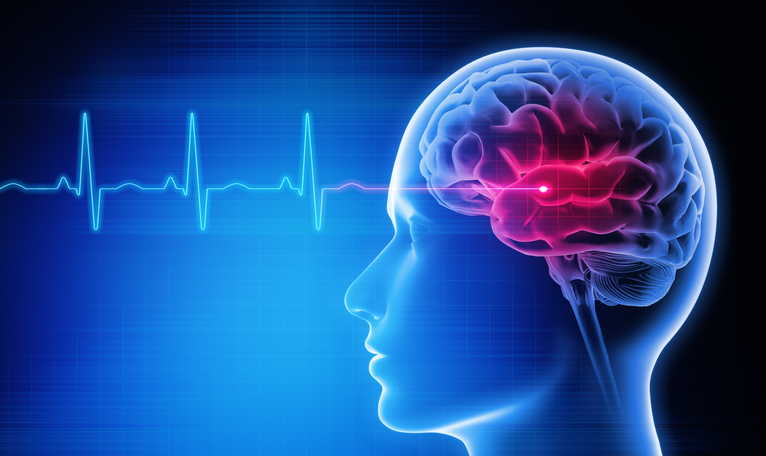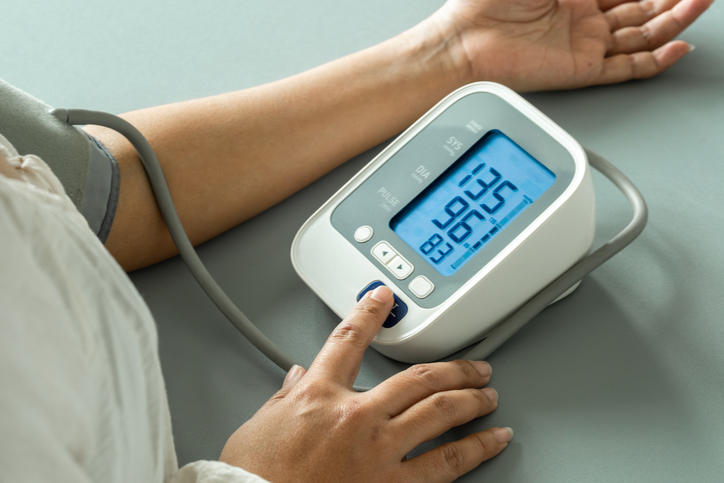
Grapefruit juice can prolong QT interval in patients with drug-induced long-QT syndrome, according to a new study.
“With so many drugs, of such varied composition blocking the IKr channel, it is reasonable to assume that food compounds may also have IKr-channel-blocker properties, raising the possibility that ‘proarrhythmic food’ exists,” said lead author Sami Viskin, MD, of Tel Aviv Sourasky Medical Center and Sackler School of Medicine, Tel Aviv University, Israel, said in a press release. “Previous studies showed that flavonoid compounds contained in grapefruit juice have IKr channel- blocking properties. We therefore tested the possibility that grapefruit juice has QT-prolonging properties.”
The paper, published in Heart Rhythm, looked at 30 healthy volunteers and 10 patients with congenital long-QT syndrome. The healthy group consumed two liters of grapefruit juice in divided doses, or received oral moxifloxacin 400 mg. The patients with long-QT syndrome were only tested for the grapefruit juice consumption. The researchers then conducted repeated baseline, off-drug, and on-drug electrocardiograms and preformed QT measurements using electronic calipers.
According to the results, when compared to the off-drug electrocardiograms, grapefruit juice significantly increased QTc prolongation, with the absolute net prolongation from grapefruit juice measured at 14.0 msec (P<0.001). Juice consumption effects in the healthy volunteer group were comparable to those seen in the moxifloxacin group, and the effects were more pronounced in female patients, and also more marked in patients with long-QT syndrome.
“The net increase in QT interval caused by grapefruit among healthy volunteers was small, but in the range that, if grapefruit juice were a new drug in development, the results of the present study would probably lead the FDA to call for additional studies before issuing a final recommendation based on its expected benefits and risks,” Dr. Viskin said of the results.
Grapefruit juice prolongs the QT interval of healthy volunteers and patients with long QT syndrome https://t.co/NmeridAods
— HeartRhythm (@hrs_journal) May 8, 2019







 © 2025 Mashup Media, LLC, a Formedics Property. All Rights Reserved.
© 2025 Mashup Media, LLC, a Formedics Property. All Rights Reserved.